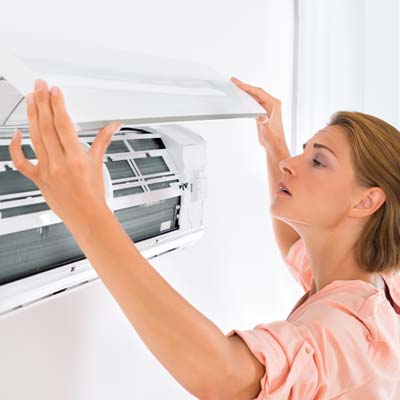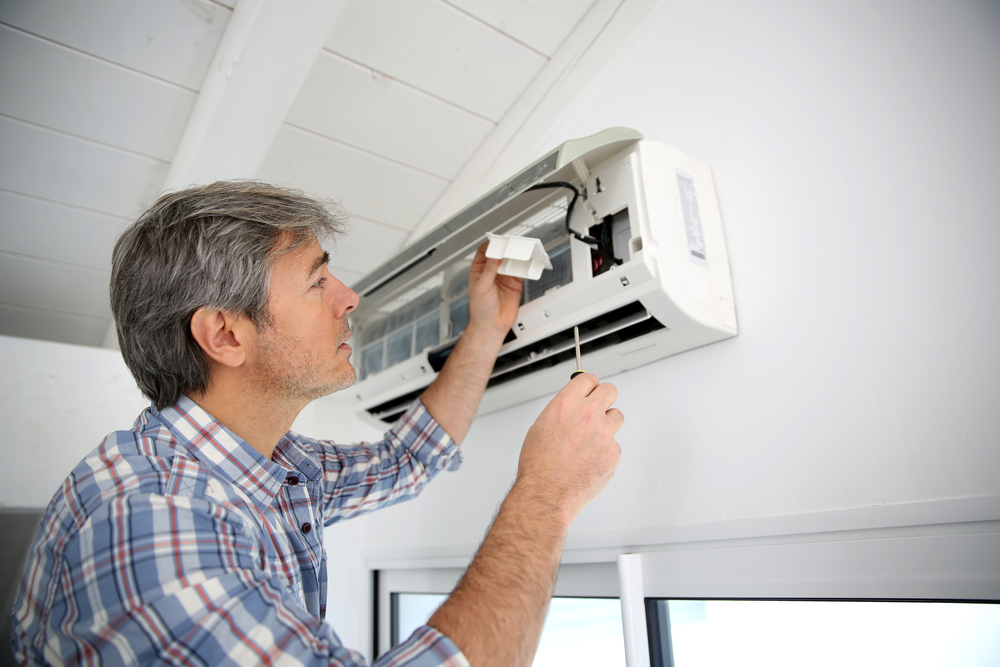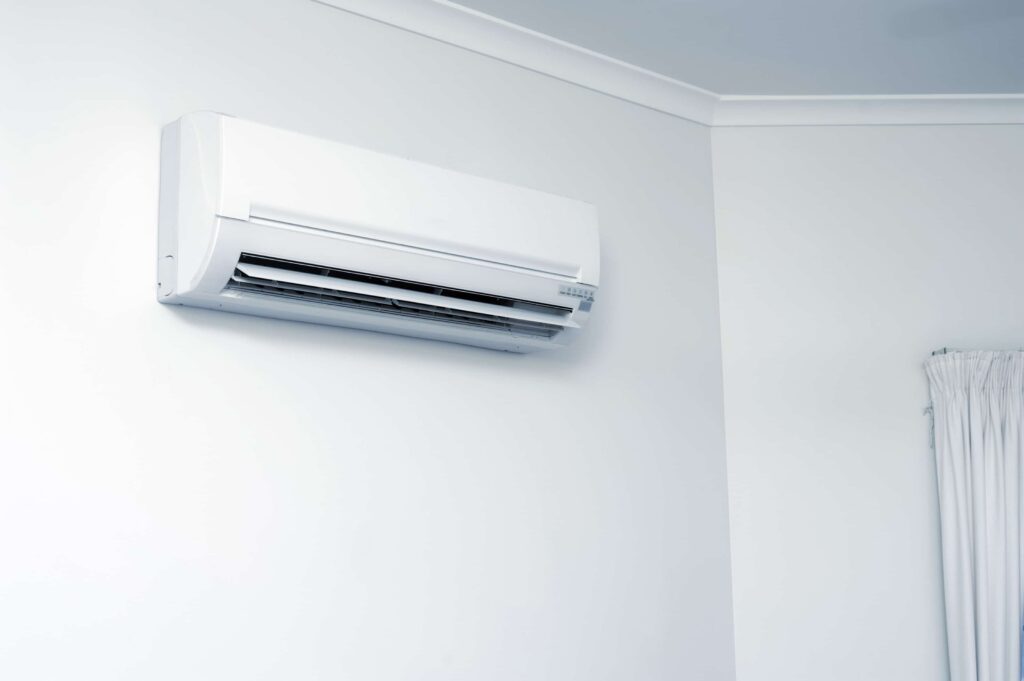Breathe Easy: Solving Musty Odors from Your AC with Comfort Specialist LLC
Have you noticed a musty smell in your house lately? That damp scent can make your home feel less inviting. As your friendly Comfort Specialist LLC team, we’re here to help you identify and fix the issue. Let’s dive into how your HVAC system might be the culprit.
How Your HVAC System Impacts Air Quality
Your HVAC system does more than just keep you cool in the summer and warm in the winter. It plays a huge role in maintaining your indoor air quality. When everything’s working as it should, your system filters out dust, dander, and other debris, making the air you breathe cleaner. But when things go wrong, like moldy vents or excess moisture, bad smells can start to spread. And trust us, you don’t want that!
Common Causes of Musty Smells in AC Units
A. Excess Moisture in Air Ducts
Excess moisture in your air ducts is a common cause of musty smells. High humidity or a drainage leak can lead to moisture buildup, attracting mold. Mold spores thrive in damp environments, making your ducts a prime spot. If you smell mustiness when you turn on the AC, call professionals to clean and repair your ducts.
B. Frozen Evaporator Coils and Dirty Filters
Clean filters are crucial for a properly functioning AC unit. Clogged filters restrict airflow, causing evaporator coils to freeze. Frozen coils prevent proper cooling, increasing humidity and musty smells. The solution is to replace or clean filters every one to two months.
C. Full Drain Pan
Your AC’s drip pan catches water removed from the air. Over time, it can wear out and become less efficient, leading to mold growth and—you guessed it—musty odors. Make sure your drip pan is functioning properly and mold-free to keep those smells at bay.
D. Blocked Condensate Line
The condensate line is one of the most common places for mold, mildew, and sludge to build up, causing musty odors to permeate through your home. This small pipe drains water from the drip pan to your landscaping or storm drain. Regular cleaning can prevent clogs and the associated smells.
Cleaning the Condensate Line:
- Turn off the AC unit at the thermostat and breaker panel.
- Remove the condensate line.
- Pour a cleaning solution or white vinegar mixed with warm water into the pipe.
- Let the solution sit for 30 minutes.
- Rinse thoroughly.
- Reattach the line and turn the unit back on.
E. Improperly Sized Unit
Believe it or not, the size of your HVAC system matters—a lot. If your unit is too big, it cycles air too quickly, preventing proper dehumidification and leading to excess moisture and mold growth. If you suspect your AC system is too big or too small for your home, give us a call. We’ll help you find the perfect fit and eliminate those unwanted odors.
Other HVAC-Related Smells
A. Musty or Mildew Odor
If you have a split system connected to your AC, musty smells can spread through your heater. Clogged and dirty filters in the furnace can also create these odors. Regularly changing filters can prevent mildew growth.
B. Burnt Dust
When you first turn on your furnace after a period of inactivity, dust collected on the furnace may burn off, causing a foul odor. This smell usually clears up after a few heating cycles. If it persists, consider having a professional clean the system.
C. Oily Smells
Oil-fired furnaces may occasionally spill oil, causing a lingering scent. If the smell persists without recent refueling, it may indicate an oil leak. A professional should inspect the furnace for leaks or other issues.
D. Noxious Fumes
A blocked exhaust chimney can trap noxious exhaust in your home, potentially causing carbon monoxide buildup. Regularly clean the exhaust system and ensure you have working carbon monoxide detectors.
E. Rotten Eggs
A rotten egg smell typically indicates a gas leak. If you notice this odor, turn off your heater, ventilate the space, and call a gas company or the fire department. An HVAC technician can then repair the furnace if needed.
F. Metallic Smells
An acrid or metallic odor may suggest burning electric wiring or overheating metal parts. Turn off the heater and call a technician immediately to prevent further damage.
G. Burning Plastic
If you smell burning plastic, it could be from overheating plastic parts or circuit boards. A repair expert should assess and fix the damage promptly.
Trust Comfort Specialist LLC for Musty Smell Removal!
If you detect a musty smell in your home or other unusual odors from your HVAC system, call Comfort Specialist LLC. We’re here to diagnose and solve a wide range of HVAC problems, ensuring your home stays safe, comfortable, and odor-free. Trust us, your nose will thank you. Contact Comfort Specialist LLC today for your AC maintenance and AC repair.




